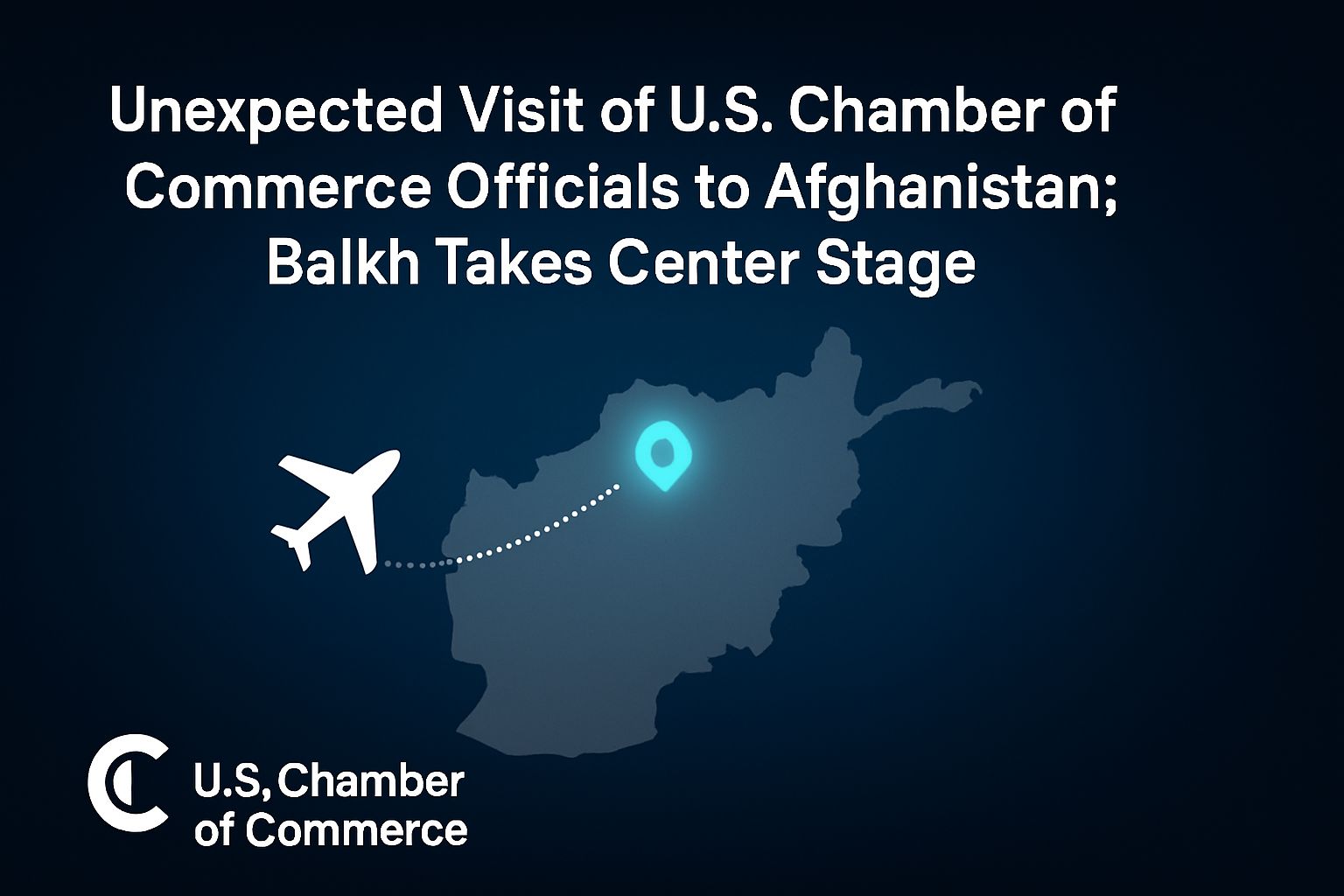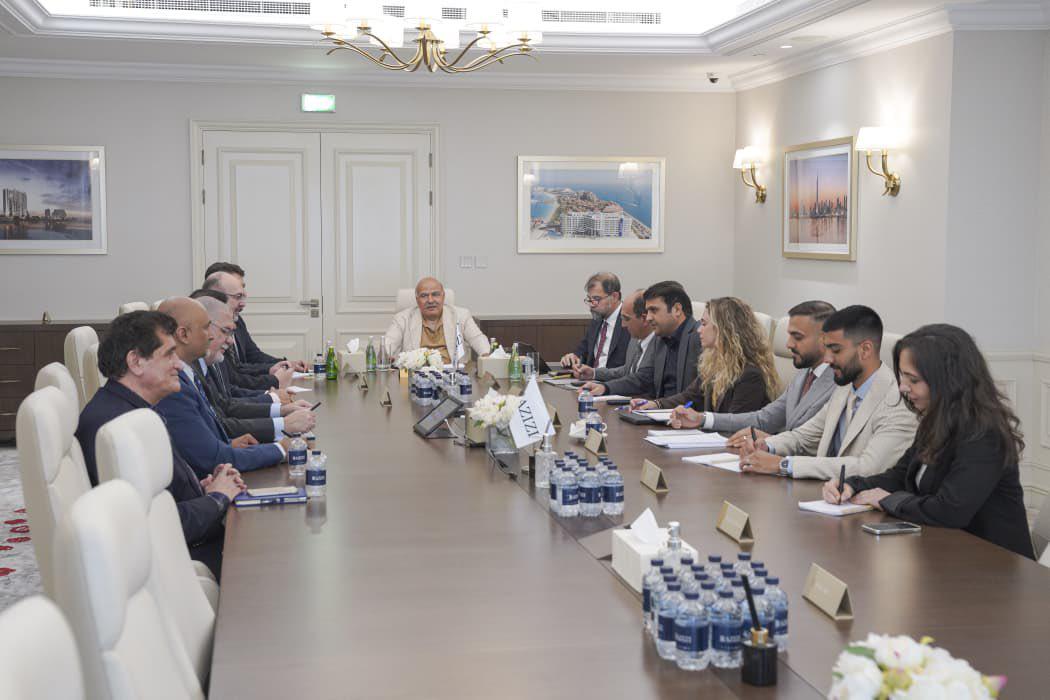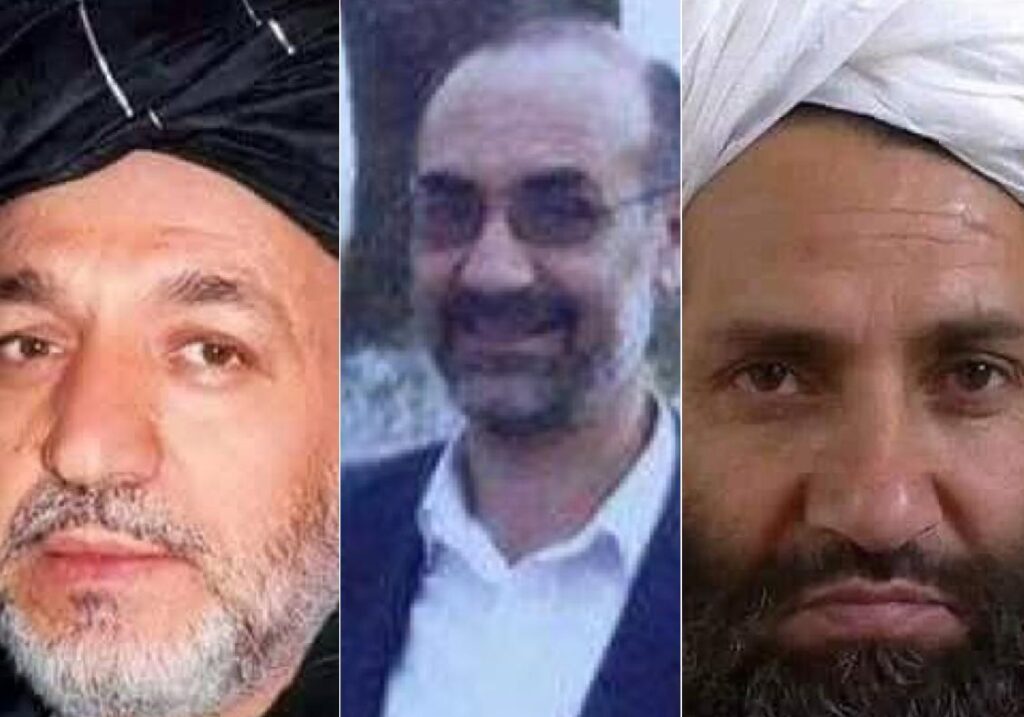
In recent weeks, rumors have surfaced in the media suggesting that the Taliban’s supreme leader is attempting to restrict or even exile former president Hamid Karzai. At the same time, sources close to Afghanistan’s former political structure have reported on the movements of figures such as Engineer Ebrahim Spinzada and Yama Karzai, who allegedly held secret meetings with Taliban officials in Kabul.
To understand this better, one must examine the roots of Karzai–Taliban relations, Karzai’s “lobbyist” role on the international stage, and Spinzada’s shadowy position in Afghanistan’s hidden architecture of power.
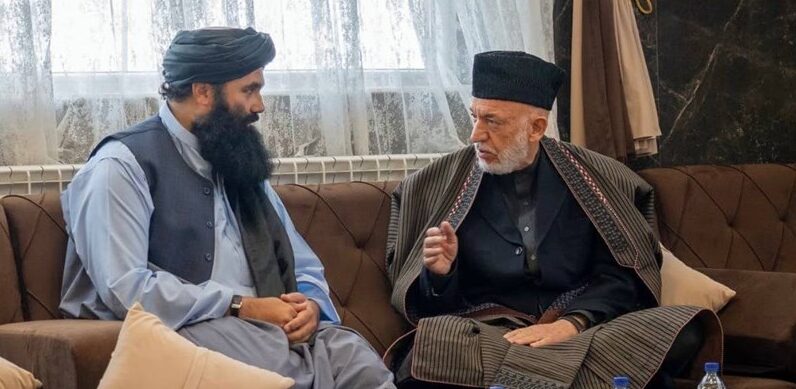
Karzai and the Taliban: Rift or Synergy?
Media reports about Karzai’s possible exile or pressure to silence him on girls’ education have not been officially confirmed. The Taliban have issued no such statement, and Karzai remains in Kabul, continuing to publicly advocate for reopening schools for girls.
During both the Republic era and after its collapse, Karzai consistently referred to the Taliban as his “brothers.” He repeatedly condemned foreign attacks on the Taliban and even remarked in an interview that if the Taliban seized one or more provinces from the Republic’s forces, it would not be a major problem “because they are Afghans too.”
This consistent rhetoric, combined with their shared Kandahari/Durrani roots, clearly suggests that the existing differences are more performative than real.
Karzai’s Role in External Engagement for the Taliban
Karzai’s foreign trips—especially to Germany—have almost always coincided with the start or deepening of indirect engagement between those countries and the Taliban.
In 2025, Berlin accepted two Taliban diplomats.
That same year, German media reported Karzai’s meeting in Berlin with August Hanning, the former head of the BND, at the very moment the German government was pushing for a repatriation agreement with the Taliban.
These coincidences reveal that Karzai acts not as a genuine opponent of the Taliban but rather as a mediator–lobbyist for the Taliban in the West.

Engineer Ebrahim Spinzada: The Shadow Figure Behind Karzai
Spinzada served as Deputy of the National Security Council under Karzai, but his influence far exceeded that of formal advisors.
According to informed sources, he was considered “the second Karzai”:
Most key political and security appointments were made with his consultation or approval.
All covert dealings and arrangements between Karzai and regional or international actors were channeled through him.
He has never given a single interview, and his silence has been part of his deliberate strategy of secrecy.
His recent presence in Kabul, along with private meetings with Taliban security officials, indicates that Spinzada continues to play the role of a back-channel architect—but now not for the Republic, rather for the international normalization of the Taliban.
Family Lobbying: From Hekmat Karzai to Yama Karzai
In the past, Hekmat Khalil Karzai (a diplomat and member of the Karzai family) also played a role in lobbying for the Taliban.
Today, in addition to Yama Karzai, Engineer Ebrahim Spinzada is also active—building the narrative that Karzai is at odds with the Taliban, while the evidence points to continued cooperation and alignment.
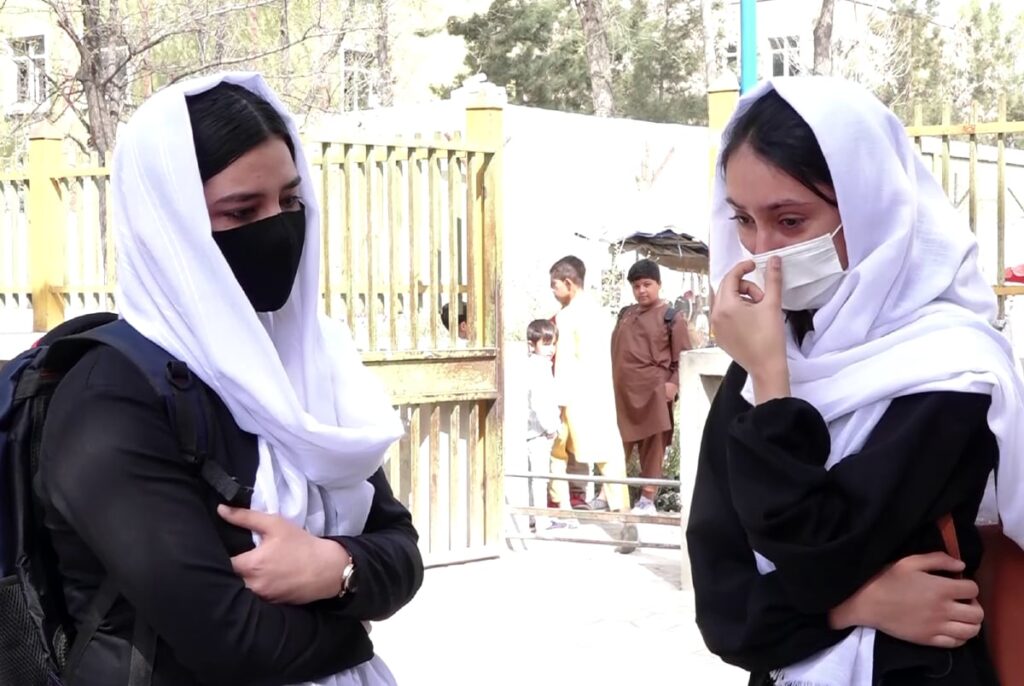
A Performative Rift: Girls’ Education
Publicly, Karzai has defended reopening schools for girls, while the Taliban under Hibatullah have doubled down on banning female education.
At face value, this projects a visible split. But in reality, it is a division of roles:
The Taliban remain hardline so they can control the “main bargaining chip.”
Looking at both historical precedents and recent developments, the picture is clear:
Claims of Karzai’s exile or serious rift with the Taliban are more political theater than fact.
Karzai and the Taliban share a strategic synergy, not a structural conflict.
Engineer Ebrahim Spinzada, as Karzai’s “hidden brain,” remains actively engaged in building unofficial channels for Taliban–West relations, just as he played the role of hidden power during the Republic.
On the surface, the issue of girls’ education appears to divide Karzai and the Taliban. In reality, it is nothing more than a role division crafted to manage domestic and international public opinion.


